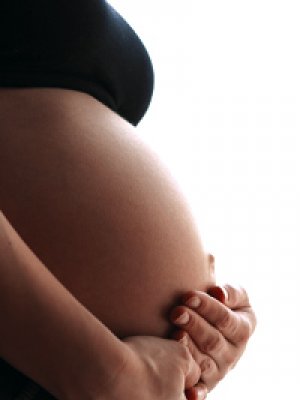
Mothering Sunday may have been and gone but an international conference to be held at UQ this week will delve into the important role mums play all year round.
The fifth biennial Australian International Conference on Motherhood will be held from Thursday, July 2 to Saturday, July 4.
The event has been organised by Dr Marie Porter, President of the Association for Research on Mothering – Australia, and Dr Julie Kelso, both Honorary Research Advisers in the Centre for Research on Women, Gender, Culture and Social Change within UQ’s School of English, Media Studies and Art History.
“Our aim is to establish mothering as a legitimate and important area of academic study,” Dr Porter said.
“We want to bring together scholars working in the area so that they can interact and collaborate.
“Motherhood has not until recently been a central area for academic study, but more work is done in this area around the world than in any other occupation – though unpaid when the tasks involved are done by the mother.”
Dr Porter said the past neglect of motherhood in academia matched the attitude often expressed towards women raising families.
“Most people would say that mothering is an important role but why is Australia so slow in introducing proper paid maternity leave?” Dr Porter said.
“Mothers are often asked, ‘Are you working?’ The inquirer means, ‘Are you in paid work?’
“All those who are mothering are working, whether they are in paid work or not.
“Mother work is habitually not considered important in ways that count.”
The conference has attracted more than 40 papers, including six from international researchers.
Keynote speakers include Associate Professor Gracelyn Smallwood from James Cook University, who was the first Indigenous person in Australia to receive a Masters of Science.
York University’s Associate Professor Andrea O’Reilly, founder of the
Association for Research on Mothering in Toronto (ARM), is also attending and speaking.
As well as tackling the key issues that have arisen for mothers historically, the conference will address how modern issues may affect future mums.
“I think it’s important that mothers’ experience and skills don’t go unrecognised and unacknowledged,” Dr Porter said.
“I hope that, in the future, mother work is considered legitimate work. I know it is becoming a legitimate and huge area of academic study.”
Media: Dr Marie Porter (07 3365 2024, 0421 031 485, July 3 only: 0414 846 116) or Penny Robinson at UQ Communications (07 3365 9723, penny.robinson@uq.edu.au)




